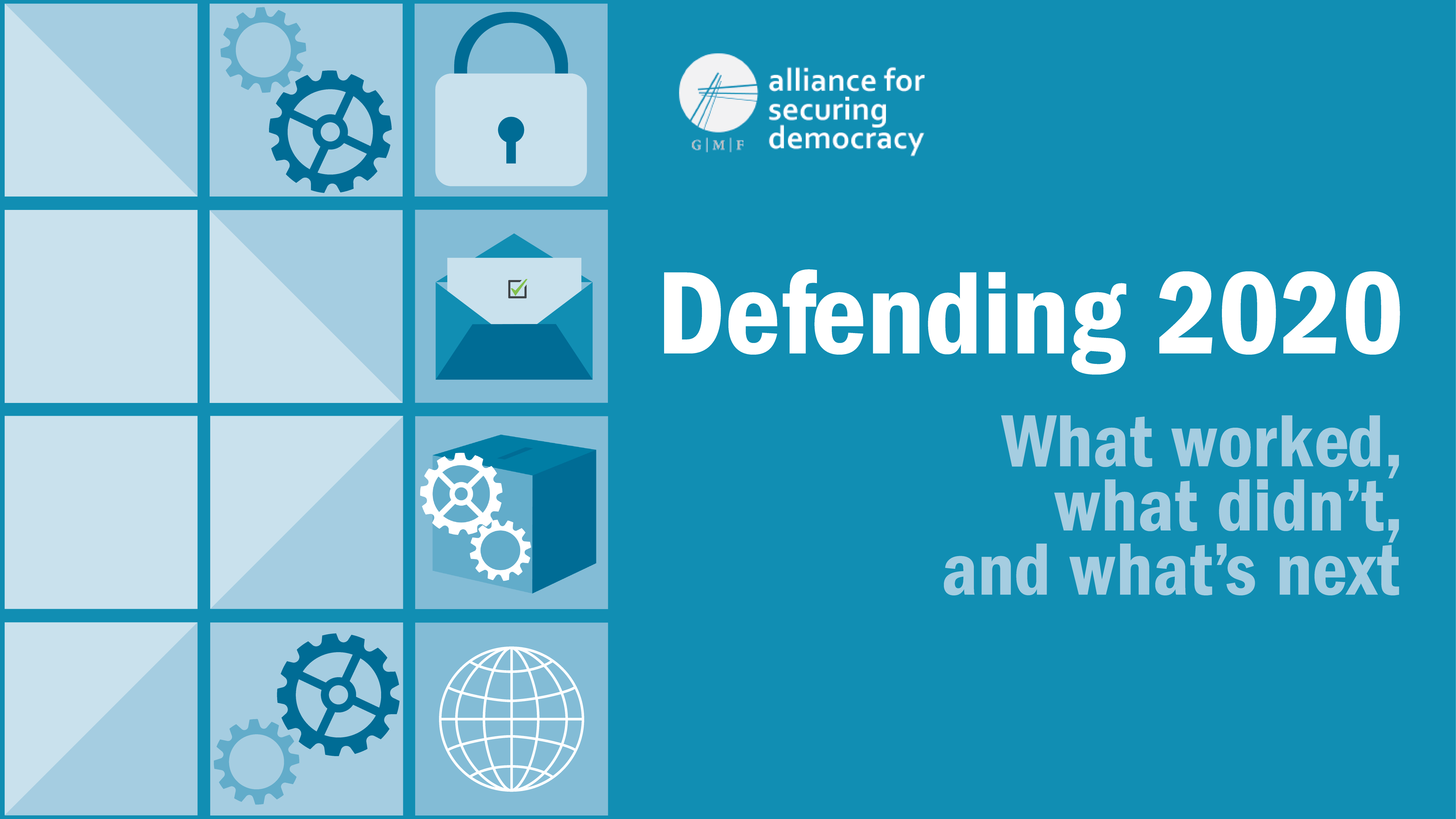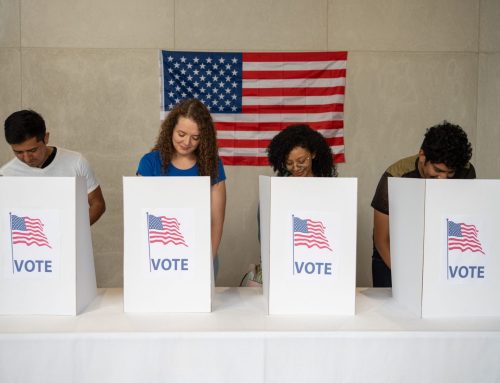In the lead up to the 2020 election, the government, private sector, and civil society took more than 200 actions to secure the election against foreign interference. They made substantial progress, but in many cases didn’t anticipate that a domestic disinformation campaign from President Trump and his allies would be the most damaging effort to undermine the integrity of the vote.
In a new report, Defending 2020: What worked, what didn’t, and what’s next, Jessica Brandt and Brad Hanlon catalog over 200 actions to secure the election and identify six findings:
- Social media platforms don’t have answers to the tough questions.
- Civil society conducted essential resilience-building activity in the information space, but it’s potentially unsustainable.
- The government, private sector, and civil society organizations made substantial progress in communicating and coordinating on cyber and election infrastructure security, but there’s still more to do including strengthening defenses against cyberattacks and protecting election workers and staff.
- The politicization of foreign interference undermined efforts to shore up vulnerabilities, provided fodder for foreign influence campaigns, and reduced the public’s trust in democratic institutions.
- Cross-sector communication about and public exposure of foreign interference has improved since 2016.
- Current mechanisms to protect the legitimacy of our elections assume our leaders will act in good faith. The 2020 election showed how elected leaders can take advantage of that assumption to undermine public confidence in election results.
The report includes 12 concrete recommendations regarding platform architecture and moderation, civil society leadership in the information space, cyber and election security coordination, and reducing politicization.
Read the full report here: https://securingdemocracy.gmfus.org/defending-2020/
Please reach out to press@securingdemocracy.org if you are interested in talking with the authors!




